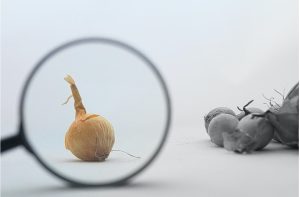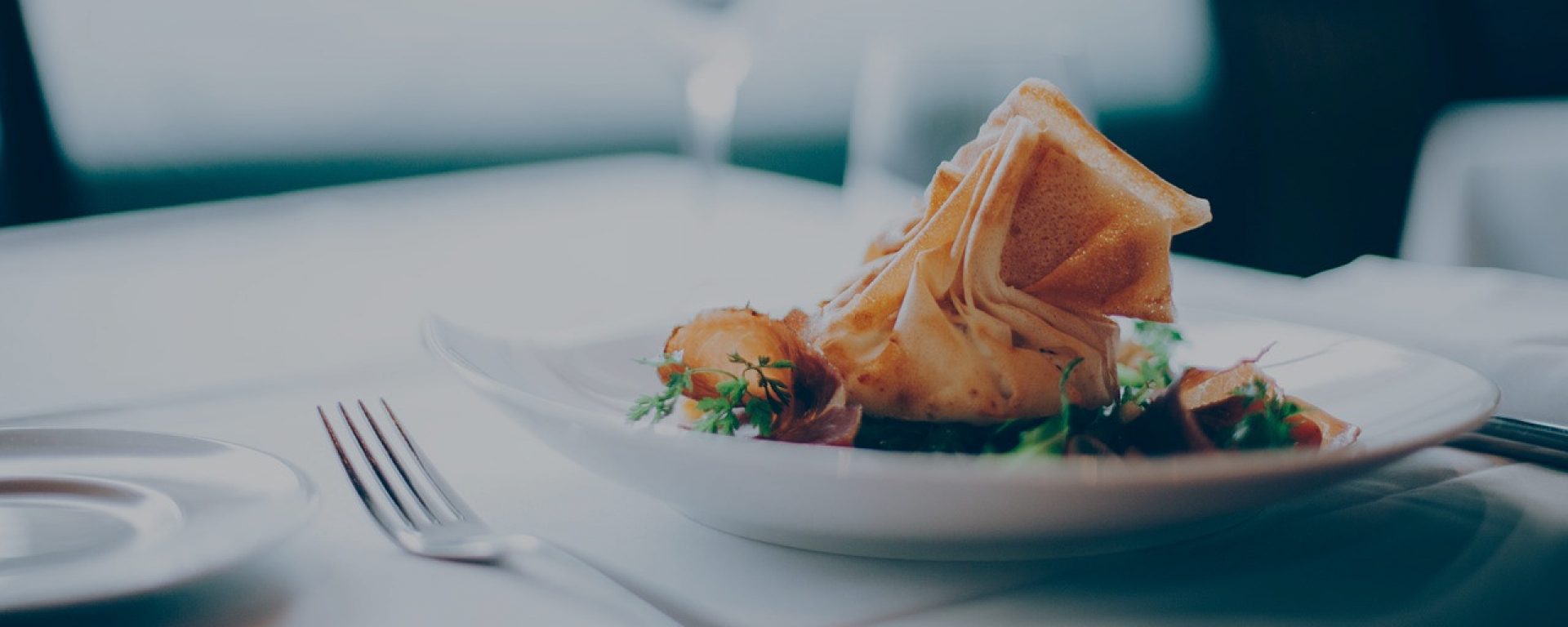 In private investigation, the importance of food and drink often goes unnoticed. Yet, there exists a fascinating intersection where the culinary arts meet the meticulous world of sleuthing.
In private investigation, the importance of food and drink often goes unnoticed. Yet, there exists a fascinating intersection where the culinary arts meet the meticulous world of sleuthing.
The Role of Food in Private Investigation
At first glance, food might seem like an unlikely ally in the world of private investigation. However, a closer look reveals that meals often play a crucial role in gatherings where vital information is exchanged. Detectives have long utilized dining settings to observe interactions, gather clues, and even eavesdrop on crucial conversations. The choice of restaurant, the type of cuisine, and the dining habits of individuals can provide insightful clues to a perceptive investigator.
Culinary Mysteries
There’s an emerging niche in private investigation that focuses specifically on culinary mysteries. These can range from uncovering secret recipes and investigating food industry fraud to solving crimes centered around food establishments. A detective with a refined palate and an understanding of culinary arts becomes invaluable in these scenarios, deciphering subtle hints left in the fusion of flavors and ingredients.
The Art of Mystery Dining
Mystery dining is a concept where detectives pose as regular customers to assess the quality and authenticity of food and service in restaurants. However, it can extend beyond mere critique. In certain cases, these undercover operations can unearth deeper issues like health code violations, internal theft, or even corporate espionage within the food industry.
Gastronomic Surveillance Techniques
Surveillance in the realm of food and drink often requires a unique set of skills. A detective might analyze purchase histories to understand a subject’s habits or trace the origins of a particular ingredient to unveil a broader scheme. The ability to blend in at various dining establishments, from high-end restaurants to local street food stalls, is essential for a detective in this field.
The Psychology of Food in Interrogation
Food also plays a subtle yet significant role in interrogation settings. Offering a meal can create a more relaxed environment, making it easier to extract information. Detectives skilled in reading body language can gain insights from how a person eats or reacts to certain flavors.
Training for Gourmet Detectives
Aspiring detectives with a passion for gastronomy can pursue specialized training. This includes understanding the nuances of various cuisines, developing a keen sense of taste and smell, and learning to connect culinary clues to larger investigations.

